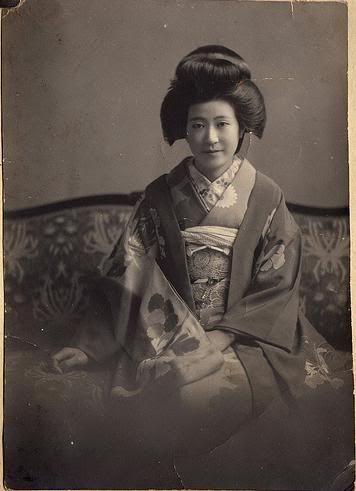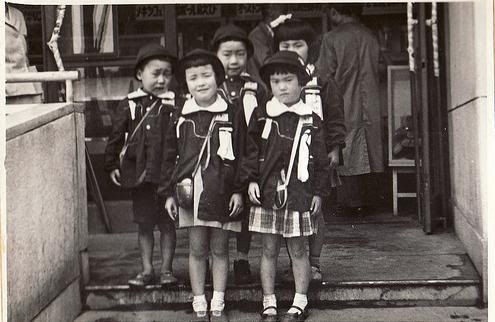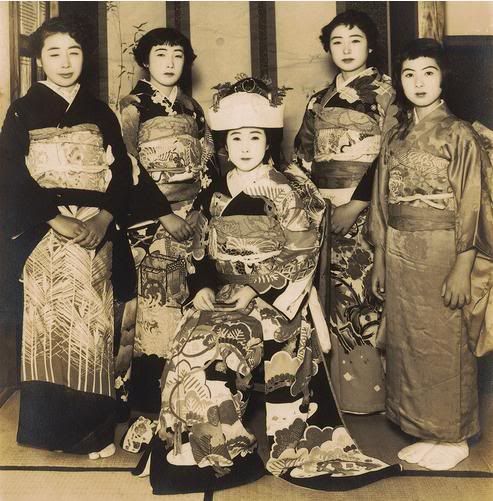Counting the world

Yes, yes, I'm a greedy decadent capitalist pig so this post is going to be on how people from different countries count (money, mmm money).
Number systems of the World is collecting how cultures count, and documents them in order of complexity. For example, Huli, from Papua New Guinea, have a system based on 15, (so 24 is 15+9 and 78 is 15*4+3). Nimbia is based on the 12, Ainu start counting down at 8 and 9 through a set of 10 (so 39 is (1 to 10) and (10 to 2 × 20)). Yoruba seem to do something similiar.
And from first hand experience, I know the French counting system is just crazy, so when you're in the 80s/90s you don't know what number it's going to be until the person finishes the phrase. Apparently Basque is similiar, but they start the 20-multiple madness from 40 upwards.
Anyway, it's all very interesting, I'm no linguist but this stuff must have provided some interesting arguments in trying to prove/disprove Sapir-Whorf right?

Also, an interesting abstract on whether Bilingual children could count better. Apparently the conclusion is that counting is learned on a language by language basis, but the Chinese system does make for easier learning (please correct me if that's wrong).

Images are from a Flickr photogroup, Japan in Yesteryear, which was recommended by otana, albeit a really long time ago...
Edit: Forgot to mention that I am peeved at the website for not having Khmer on there (independent from Vietnamese), because the Khmer counting system operates on the 5, (1, 2, 3, 4, 5, 5-1, 5-2, 5-3 and so on). Wish I knew enough to submit my own entry...